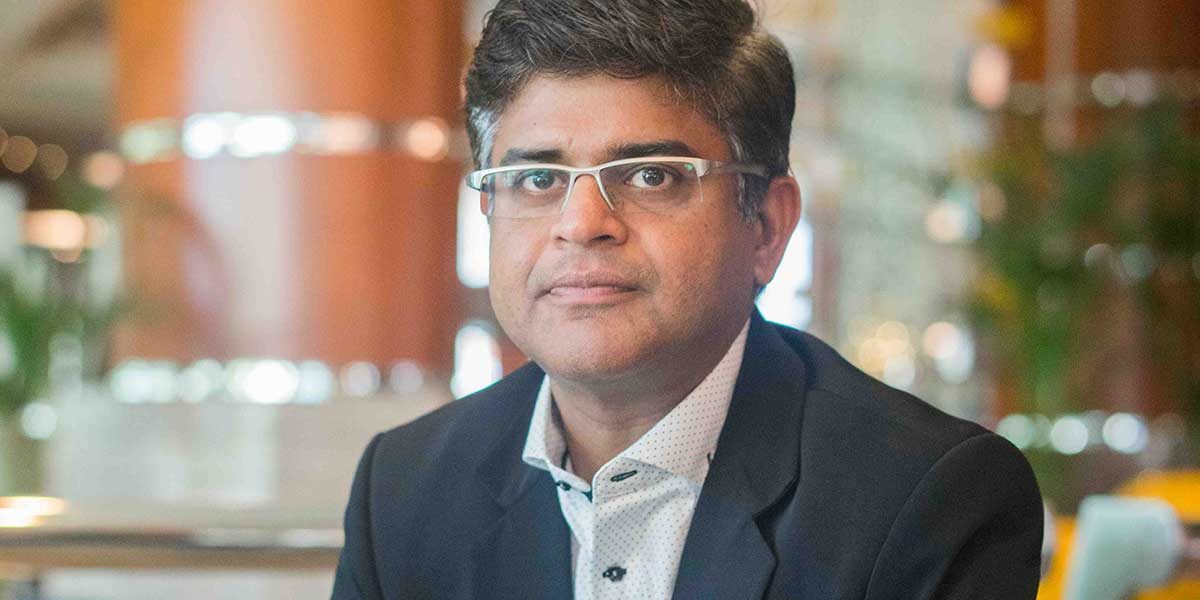With changing time and rise in the number of smartphone users, the way of making payments have undergone a transformation in recent years. Payment has become focal point in digital media, mobile and commerce on social media channels such as Facebook, Instagram, and mobile apps.
Now how much you transact or pay online is as important as how you pay. Spurred by this idea of establishing a platform that can enable businesses to accept and manage online payments without any hassles, Sirish Kumar and Elias Ghanem founded Telr in September 2013 in UAE.
“The most vital factor that differentiates Telr from its contemporaries is its focus on the SME and start-up industry,” says Sirish Kumar, Founder and CEO of Telr. “We are enabling merchants to tap the online population, which is a larger pie than the online buying population,” adds Kumar.
Other than supporting many languages, the startup enables merchants to accept and manage online payments via web and mobile in multi-currency.
The firm in less than four years of its existence has managed to maintain the growth of more than 100 percent.
The Singapore-headquartered firm helps merchants first tap the local market and then reach to international markets. Merchants on their platform do not need to have multiple integrations when they expand to settle money in multiple countries.
“We have enabled merchants to centralise collections from their buyers in countries like UAE in more than 15-20 emerging market currencies, in addition to USD and EUR,” quips Kumar.
Kumar also sees a huge opportunity in the country especially SMEs, including banks, enterprises with small businesses, who do not have a payment platform of their own.
At present, the company has geographic presence in 6 countries. Recently, Telr forayed in Indian market as it sees a huge opportunity in the space. It aims to eliminate the fragmentation that exists between key stakeholders in the e-commerce markets such as merchants, logistics services, web store providers and banks in order to facilitate seamless, smooth bue-commerceowth in the country.
According to KPMG the payments industry, India has a market opportunity worth $1 trillion. The target market in India alone is expected to reach 45 billion dollars by 2020.
Presently, Telr has more than 50-member team, which has worked across emerging markets and in organizations such as PayPal, WorldPay, and reputed banks.
Products and Business Model
The company product portfolios include offering a feature-rich payment gateway platform, offering secure online payments, backed by a proprietary and strong anti-fraud mechanism.
“We started facilitating short term lending to merchants that have signed with the company for their online payment acceptance options,” says Kumar.
The firm business model is pay-per-transaction. It also earns through annual maintenance contracts with larger SMBs.
On competition front in payment segment, there are companies like CitrusPay, CCAvenue, wallets like Paytm and Mobiqwik. But the closest competitor for Telr is FonePaisa, which claims to have around 150 SMEs associated with them.
Growing more than 100 percent in revenue
The firm claims to grow at more than 150 percent in revenue year-on-year. SMEs have increased their share of contribution to its gross margin and it looks to make more acquisition in future.
“Telr will aim at an inorganic growth by an acquisition of the specific companies in the countries we are present in,” Kumar adds.
The company is backed by funds that have invested in diverse mix of companies. It has raised investment of more than $10 million till date from investors including Hatcher and iMena.
On its platform, the company claims to be doing 10-15 million transactions every year (Approx. Worth $500 million) and aims to touch 25 million transactions by next year.
The company is also looking forward to licensing its full-stack payment solutions to enterprises. It claims to have 2000 active merchants on its platform. By 2020 it aims to have over 5,00000 SMEs on its board.
On future endeavor, Kumar thinks if digitisation is happening then important sectors like education, fashion and hotels too should be part of the online payment wave in future. There is a need for payment solutions in this space, he concludes with brimming hope to make a significant dent in the segment.













